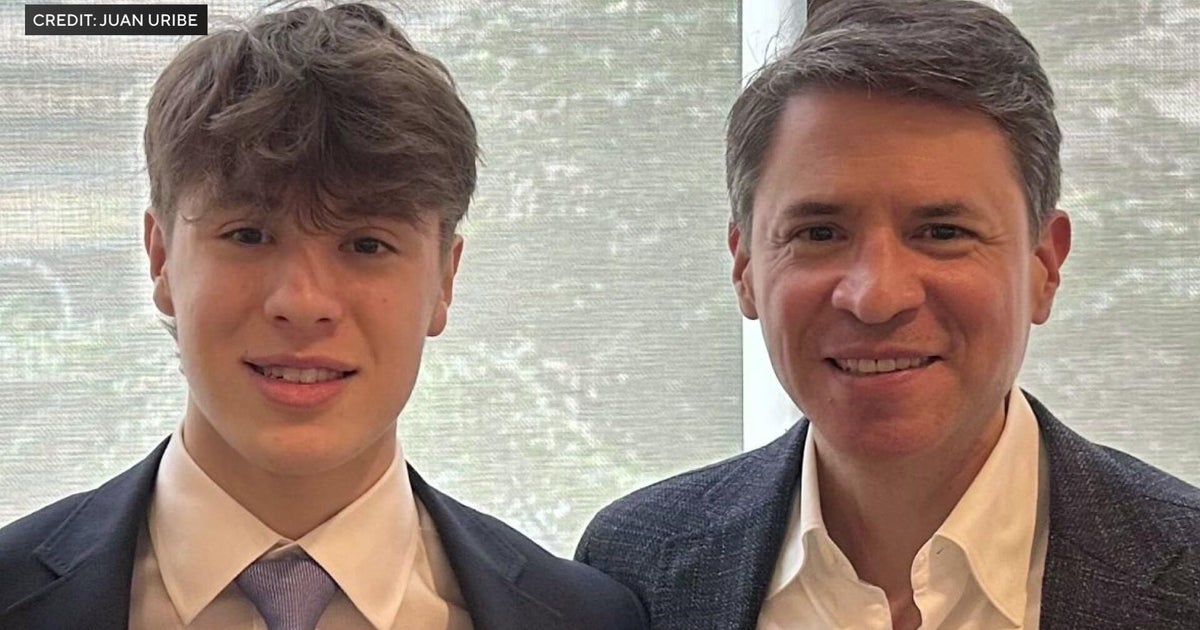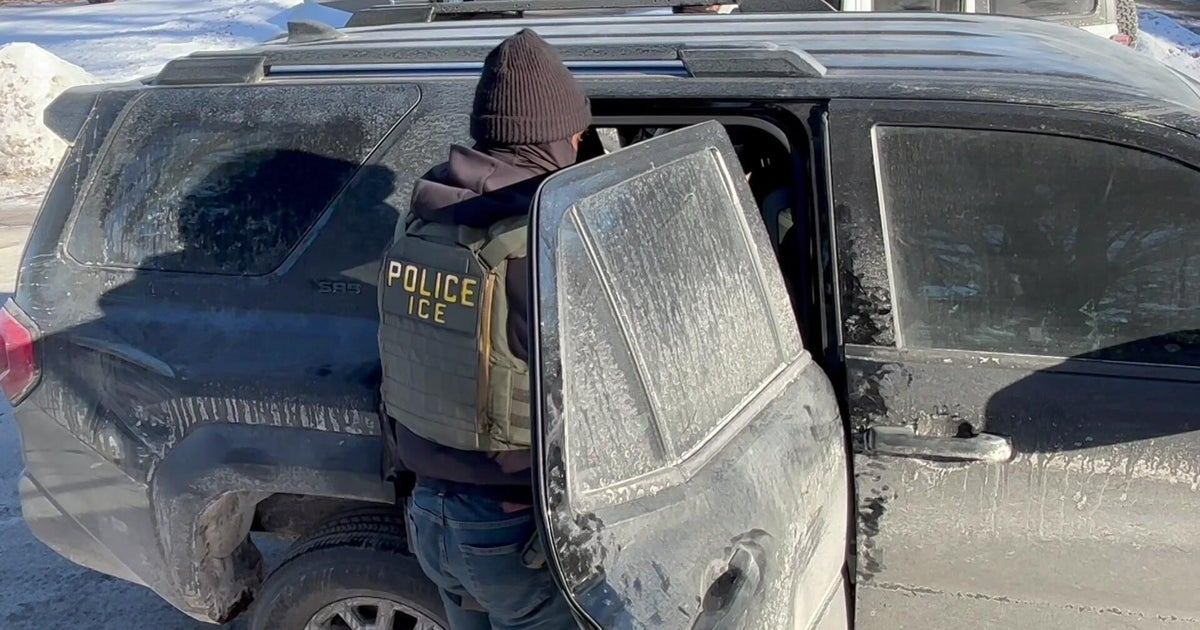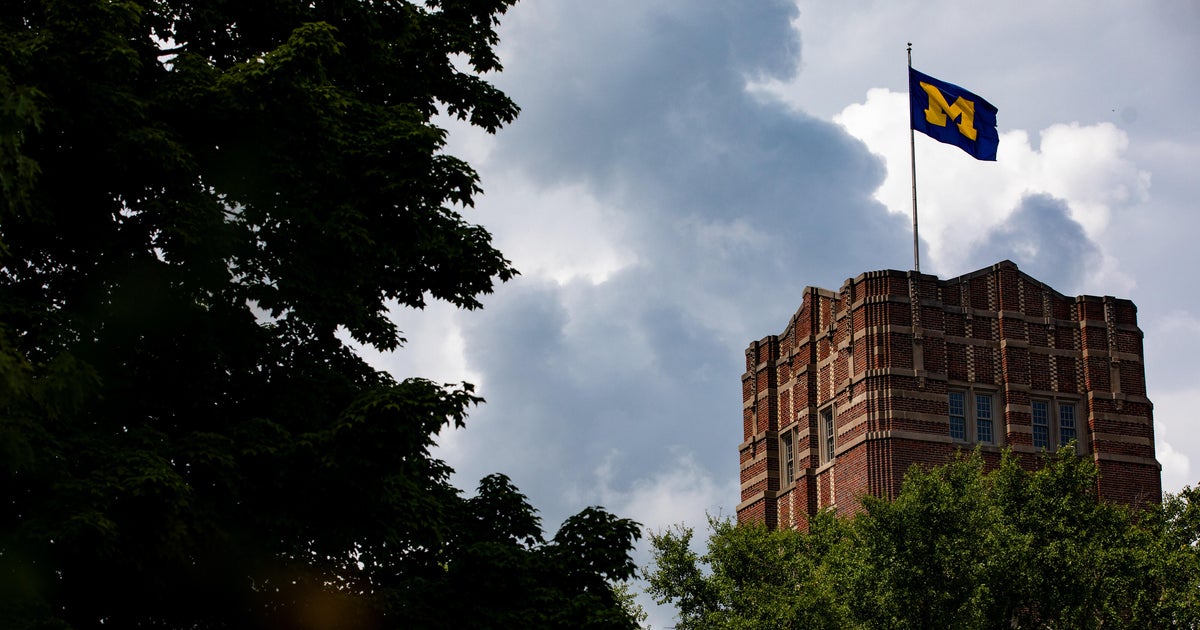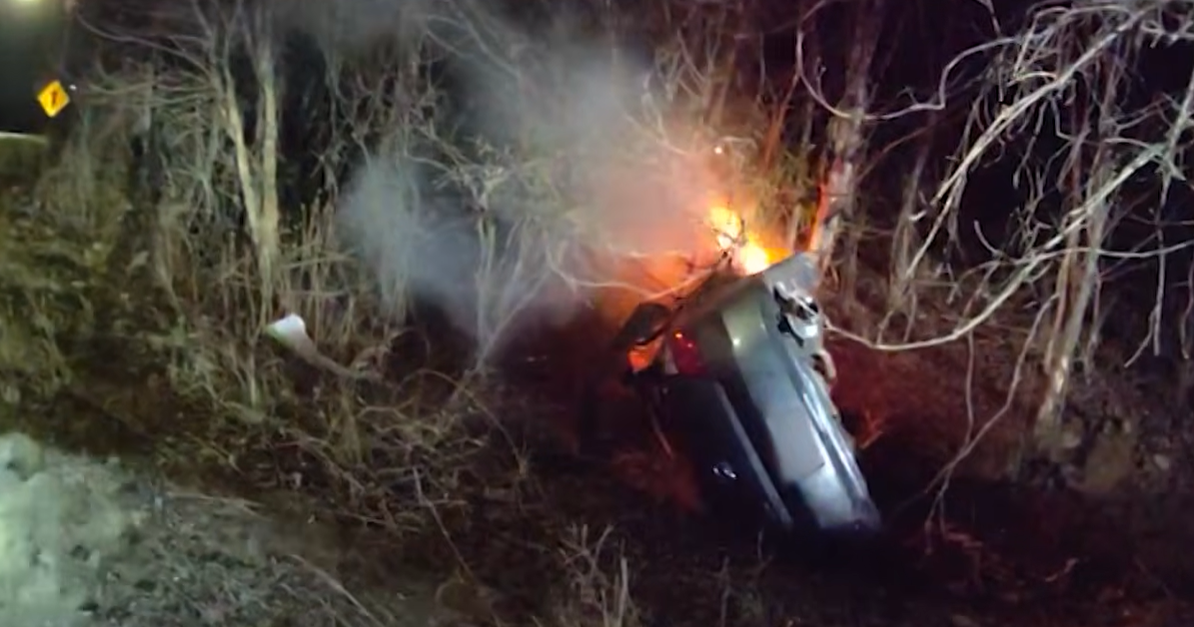Illness, Treatment Divide 2-Year-Old From Brother
MINNEAPOLIS (WCCO) -- A little girl's bone marrow transplant has affected her entire family – even those who live several states away.
Lauren Hood came to the Twin Cities from Michigan to treat a rare, potentially deadly disorder called Hurler Syndrome. She's missing an enzyme that breaks down complex sugars in her body. If left untreated, sugars will accumulate in her body and cause bone, cardiac and other medical issues.
Doctors at University of Minnesota Amplatz Children's Hospital are helping Lauren.
"It's been a long journey, a long, stressful journey," said Lauren's mother, Colleen.
It started a year ago, when Lauren contracted pneumonia and entered the hospital. Lauren was soon diagnosed with Hurler Syndrome and needed a bone marrow transplant.
"Unfortunately, the first transplant just didn't work," said Colleen, who recalled having to wait 30 days to try a second transplant, which worked.
"The concept with the transplant is to eliminate the immune system's blood producing cells...and replace them with normal, healthy blood cells," said Dr. Paul Orchard, of Amplatz.
Those healthy blood cells provide the enzyme Lauren needs to break down complex sugars.
"She's been a fighter! She's been unbelievably strong," Colleen said.
Lauren's been at the hospital for five months.
"It was amazing some of the things she went through, and she had a smile on her face," said Lauren's father, Shane.
It was tough for mom and dad to watch their little girl have the transplant, but it was also tough on someone who wasn't there. Their 6-year-old son, Landon, stayed back home with grandparents. He just started 1st grade and has had a hard-time being away from family.
"Of course, with Skype, we communicate with him, but it's just not the same," Colleen said.
Flags have been flown in Lauren's honor in Michigan, and over the Michigan State House. The one that's flying in front of Amplatz is also going to fly over the Michigan State House.
Lauren and her family will head back to Michigan the first week of December. They'll still have to make several trips back to the Twin Cities for check-ups.







